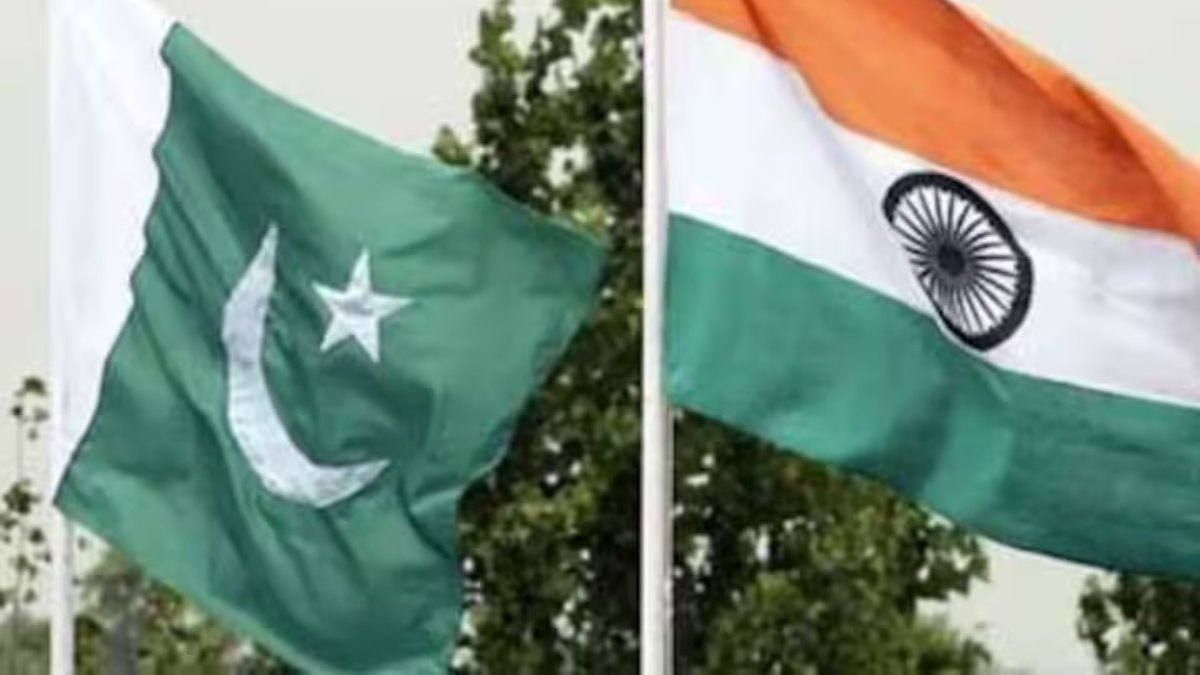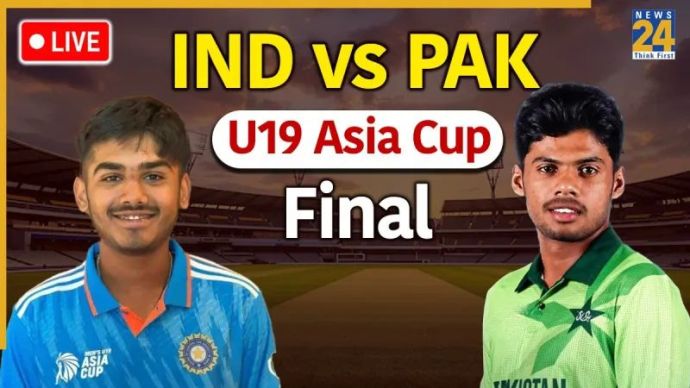The recent terror attacks in Jammu and Kashmir’s Baramulla and Ganderbal have reignited the debate – whether India should engage with Pakistan for peace and stability in the region. Joining the chorus, top politicians from Kashmir, including former J&K Chief Minister Farooq Abdullah and PDP chief Mehbooba Mufti, have called for resuming dialogue with Pakistan. However, the challenges of engaging with a nation accused of repeated betrayals also presents a significant diplomatic dilemma for New Delhi.
While it is inarguably true that talks and terrorism cannot go hand-in-hand, it also becomes important to explore whether India should initiate steps to break the ice with Pakistan or continue to isolate and expose Islamabad at the various international forums diplomatically.
Why India Should Not Engage With Pakistan?
Pakistan’s constant support to terror groups operating from its soil against India makes any dialogue challenging. Several terror-related incidents, including the recent attacks in Baramulla and Ganderbal, are believed to have been orchestrated by Pakistan-based terror groups. Intelligence reports have cited numerous training camps being active on the Pakistan side of the border, which is further proof that these attacks are not isolated events but part of a broader state-supported strategy. This situation has widened the trust deficit between the two nations, further reducing the possibility of diplomatic engagements.
It may be recalled how External Affairs Minister S Jaishankar recently schooled Pakistan and China during the Shanghai Co-operation Organisation Summit (SCO) on “three evils” – terrorism, separatism, and extremism – and how this strategy is being used by the hostile neighbours to destabilize India. Besides Pakistan and China, Jaishankar urged other global actors to eradicate these elements within their borders. EAM’s message resonates with India’s old stance that constructive dialogue is difficult when one side continues to foster instability and violence.
The Lahore Initiative
Historically, India has taken several peace overtures in the past involving Pakistan, but with mixed outcomes. One of the most notable attempts was the Lahore Initiative in 1999 – an effort to break the ice and promote a peaceful coexistence during former Prime Minister Atal Bihari Vajpayee’s tenure. Vajpayee’s goodwill was, however, met with the Kargil War shortly afterwards, which badly damaged the bilateral relations with Pakistan sowing the seeds of mistrust due to the alleged involvement of Pakistan’s military. Subsequent peace overtures, including PM Narendra Modi’s surprise visit to Pakistan in 2015, were also marred by terror attacks, such as the ones in Pathankot and Uri, further shattering India’s confidence in bilateral dialogues.
Why Pakistan Must Act On Terror?
For any meaningful dialogue to occur, it is important that Pakistan fully dismantles terror networks and ends support to such groups targeting India. This approach is crucial for rebuilding trust and ensuring any diplomatic progress in this regard. As NC patron Farooq Abdullah rightfully pointed out, peace can only be attained if Pakistan stops “disrupting India’s future” and instead focuses on resolving its own pressing issues. The international community’s strong condemnation of Pakistan’s support for terror networks further solidifies India’s stand on engaging cautiously.
Engagement With China Vs Pakistan
India’s recent re-engagement with China, despite long-standing border issues, reflects a different diplomatic approach vis-à-vis its dealings with Pakistan. The difference lies in China’s willingness to separate economic interests from territorial disputes, creating a platform for dialogue. Economic interdependence has fostered a cautious yet pragmatic approach, enabling the two countries to reach disengagement agreements in Eastern Ladakh. This is absent in India’s relationship with Pakistan, where terrorism dominates and overshadows any potential for economic cooperation, leaving little ground for a mutually beneficial dialogue.
India’s engagement with Pakistan should come with a precondition that Pakistan ends its support to terror groups targeting India. While peace is a desirable goal, the recurring cycles of bloodshed that follow goodwill gestures make it practically impossible for India to move forward. Atal Bihari Vajpayee’s vision of peace with Pakistan still stands as a shining example of New Delhi’s honest efforts but, at the same time, its failure also acts as a stark reminder of Pakistan’s betrayal. Until Pakistan demonstrates a willingness to abandon its support for terrorism, the political leadership in India will continue to believe that diplomatic isolation of Islamabad is still the most viable option.













